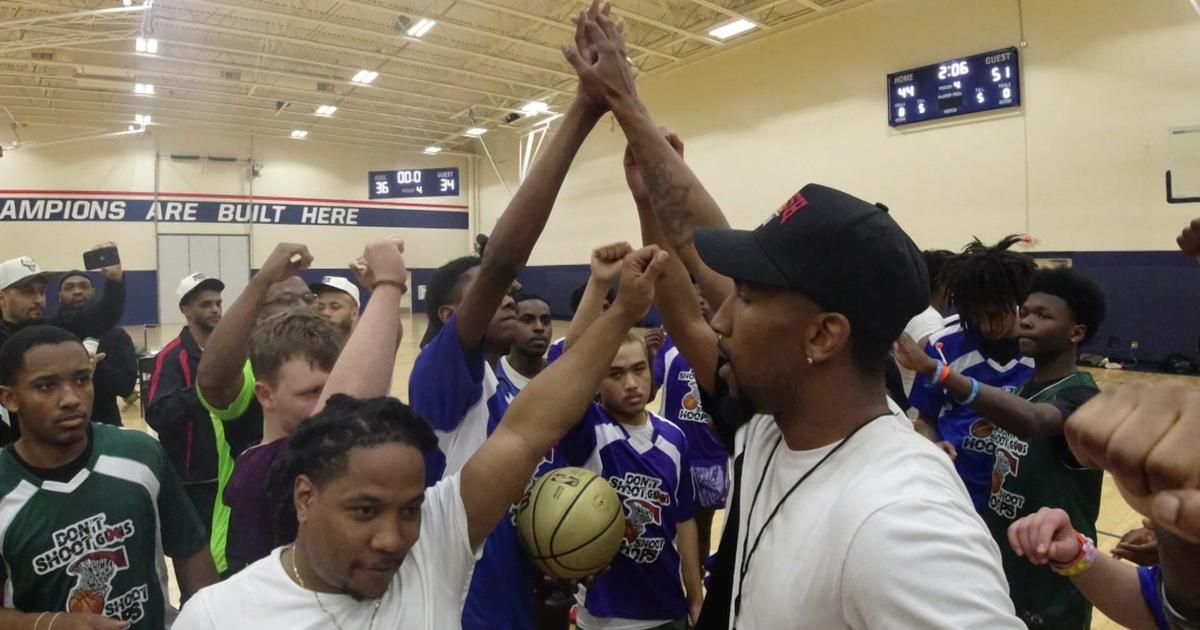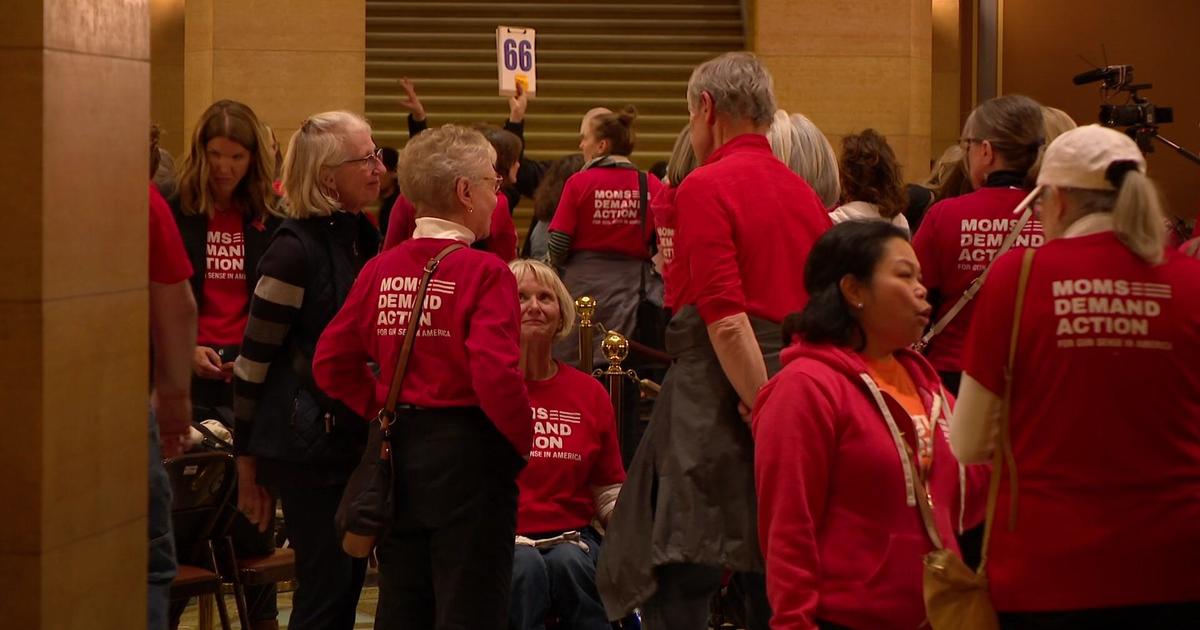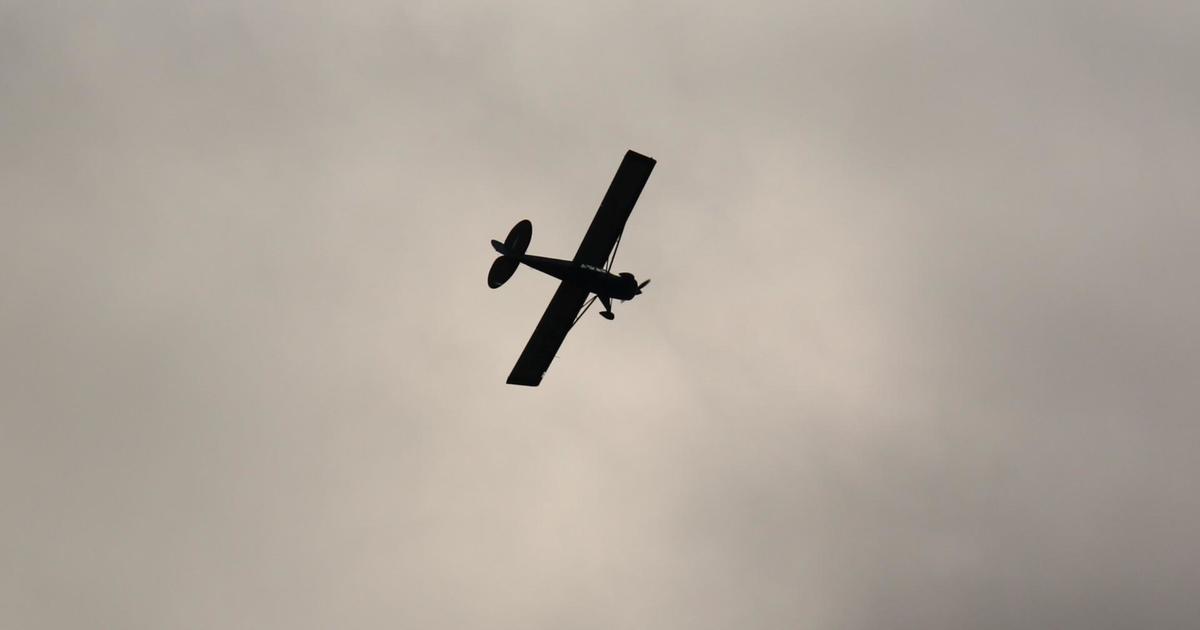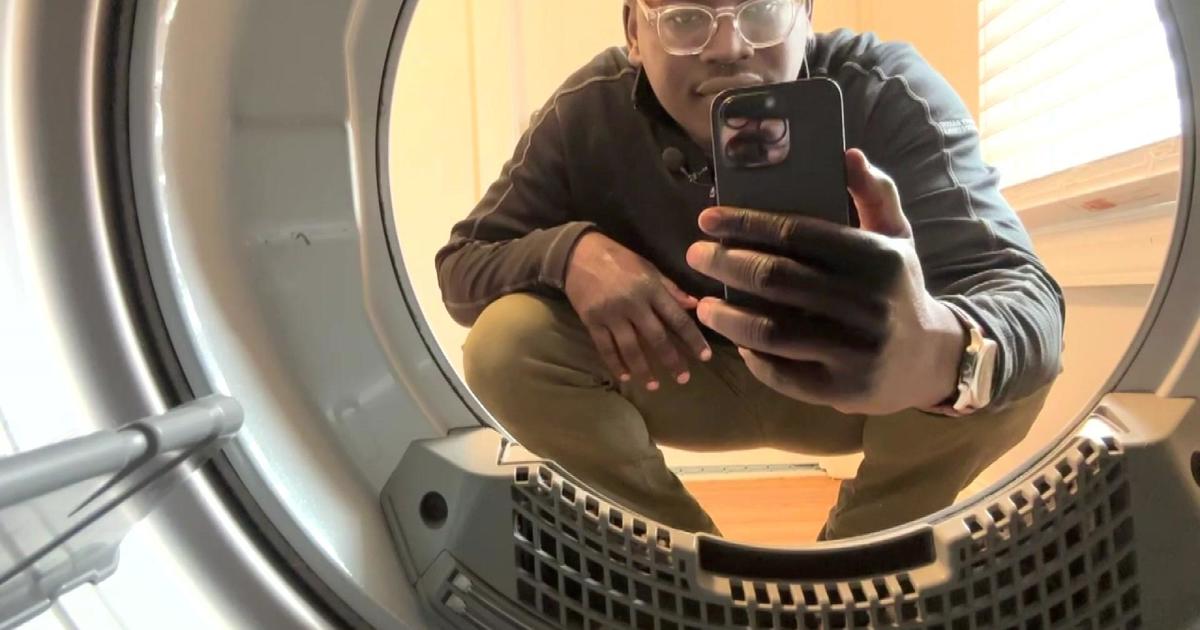Tracking Danger: What Should Oil & RR Industries Do To Prevent Derailments?
MINNEAPOLIS (WCCO) -- All this week, WCCO Radio has reported on oil train safety and the fears some have about the potential for a derailment and explosion. But just what role do the oil and railroad industries have in keeping the trains on the tracks?
Oil is big business in North Dakota, with millions of barrels a day being shipped out to refineries across the country. Many of those oil tank cars rolling right through Minnesota.
"First of all, all hazardous materials -- including crude oil, which are class 3 flammable liquids -- they arrive safely at their destination 99.997 percent of the time" the North Dakota Petroleum Council's Kari Cutting said.
But she added there is room for improvement. Some say the oil industry should do more to change the makeup of the oil to make it less volatile.
Cutting believes it would make more sense to focus effort on the rail system and the tank cars themselves.
Ed Greenberg, with the American Association of Railroads, says they have put millions of dollars into making the system safer, particularly when it comes to crude oil.
"Actions such as implementing lower speeds, increasing track inspections and track side safety technology, as well as stepping up outreach and training for first responders in communities along the freight rail network," Greenberg said.
He believes the oil tank cars are a part of the problem.
"We have been calling for tougher federal rules for tank cars. We believe every tank car moving crude oil today should be phased out," he said.
Phasing out those tank cars would be one of the new rules set to go into effect later this spring.
"The rule would also address not only the new specifications for new rail cars that would haul flammable liquids, but also retrofitting requirements and scheduling for those cars that are currently being used in the fleet," Tim Butters, with the U.S. Pipeline and Hazardous Safety Administration, said.
WCCO RADIO's Susie Jones reports
Butters said going forward there will be new rules for prevention, mitigation and emergency response.
"From a prevention perspective, it addresses rail operational issues like speed, track and infrastructure maintenance, routing and braking," he said.
All agree it's a complicated issue, with each responsible for taking steps to prevent tragedy.



